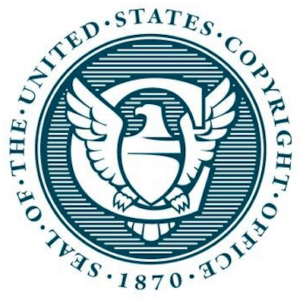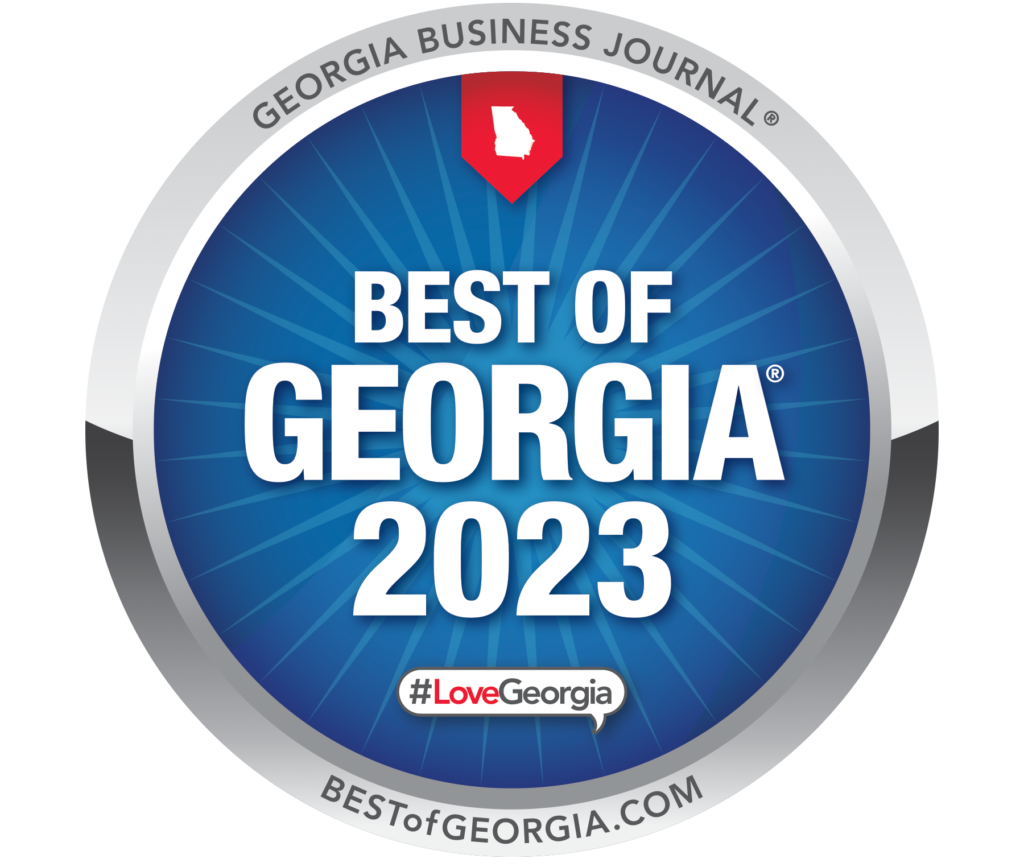As Justice Breyer retires from the Supreme Court of the United States (SCOTUS), copyright enthusiasts reflect on his opinions over the years (and his teaching lessons at Harvard!). One of this author’s favorite sayings appears in his opinion in MGM v Grokster (2005), which established liability for infringement where an actor seeks to advance infringement (also known as the inducement rule for infringement). In his concurring opinion, Justice Breyer reflects upon the seminal copyright case, Sony Corp. of America v. Universal City Studios, Inc. (1984), appealing to the careful balance struck by the rule in Sony. In his eloquent way, Justice Breyer opined on striving to weigh the values of supporting creative pursuits through copyright protection for rights holders, while simultaneously promoting innovation in new communication technologies by limiting the incidence of liability for copyright infringement by secondary parties, or service providers. In his last decision, Unicolors, Inc. v. H&M Hennes & Mauritz, L.P., Justice Breyer essentially gives a pass to a rights holder who, it was determined, made an “innocent error” in their application for copyright registration, which defendant tried to invalidate to escape infringement proceedings. To read a copy of the decision, visit SCOTUS’s online copy, published here.
The benefits of federal copyright registration include statutory damages and access to courts to enforce those rights granted under U.S. copyright law. However, it is important to note that copyrights attach from the moment an author fixes an original work (e.g. a writing, a drawing, song or sound recording) into a tangible medium of expression (e.g. in computer code, 3-dimensional sculpture, or a recording). When that happens, a common law copyright exists from the moment of creation and in default to the author unless a writing says to the contrary at the moment or in advance of such works’ creation the rights are to someone else. It is these common law rights asserted in another case recently brought by claimants House of CB and Mistress Rocks against Oh Polly in Original Beauty Technology Company Limited & others v G4K Fashion Limited & others (2021). In the U.S., in the absence of statutory damages, damages may be awarded on the basis of other factors, including lost profits, what a reasonable royalty rate (i.e. license fee) would be had the use been properly authorized, and further, whether there was any intentional infringement on the part of the defendant. In this British case, the judge awarded a staggering additional three hundred thousand British pounds to punish the defendant, while the next decision will determine what attorneys’ fees shall be awarded. Some speculate it will dwarf that amount.
Attorneys fees may not be needed for claimants at the Copyright Claims Board (CCB), which published its final rules and launched its official website. That’s because attorneys fees and costs are not within the range of relief that the CCB can normally award to a successful claimant or respondent (i.e., the winner). Thus, in the event a CCB claimant hires counsel, the attorneys’ fee would be paid by claimant’s own financial arrangements in advance of proceedings, with the understanding that it may not be recoupable unless the other party is found in bad faith, in which case the CCB may require that other party to pay the party’s, “reasonable costs and attorneys’ fees”. In any case, the awards cap on attorneys’ fees is $5,000, or $2,500 USD if the other party is not represented. Only in “extraordinary circumstances” will higher amounts be awarded. For attorneys, who are skilled in copyright litigation, the cost risk is likely too high to represent claimants at the CCB; it may be difficult for plaintiffs to find affordable representation. However, adequate representation may exist in the form of copyright lawyers (who are not litigators) that may learn the CCB’s unique rules and procedures to conduct proceedings on behalf of claimants. For example, at the CCB, copyright holders must have at least filed an application for copyright registration before or simultaneously with filing their claim(s). This is different from most claims involving U.S. works in federal courts, which require a registration and not a pending application. More information about CCB procedures are found online in its FAQ.




